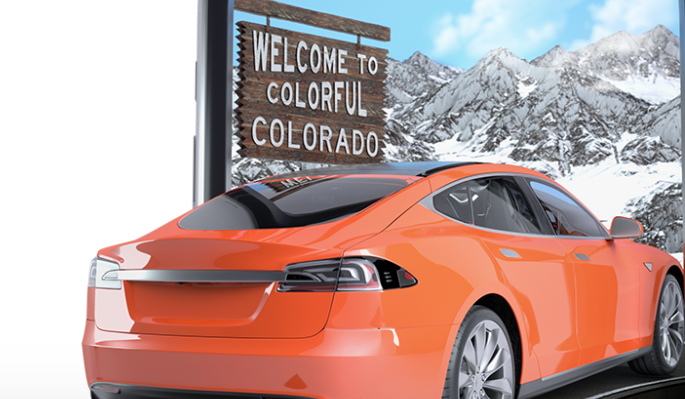Almost every article about moving begins with how stressful and chaotic moving can be for people. This article won’t be like that. If you’re moving to a winter state like Maryland, Vermont, or Colorado, then you should know a thing or two about moving your car insurance. We know your first concern is price and here the choice is simple, Freeway Insurance as they are known for affordable car insurance.
1. Check On Cancellation With Your Insurance Carrier Before You Move
As you’re ticking off items on your moving list, you cancel your car insurance. You figure you’ll just get auto insurance in your new state. Cancelling your policy before you move is not a good idea. It’s illegal to cross state lines with no auto insurance. This could be double trouble if an accident occurred.
Moreover, each state has its own minimum coverage. Let’s say you drive from Kansas into Colorado. Kansas has $10,000 in minimum coverage. Colorado has $20,000. This means that if you move from Kansas City to Boulder, your coverage jacks up to $20,000 the instant you cross the state line. Make sure you check on this with your insurance company before you move.
Why Alert Your Car Insurance Agent Of A Move?
No one would go into the hospital for an operation without health insurance. Health insurance would cover portions of the surgery, and then you’d pay the balance. Medical bills are shocking enough even with health insurance.
Cars are the same. Moving to another state means alerting the agent in your state of the move. He’ll give you whatever temporary insurance you need. He’ll also know of insurance requirements of each state and will cover you as necessary.
All kinds of accidents can happen on a highway. Moving vans and loaded cars can’t always stop on time or avoid a pile-up. Additionally, each state might have rules and regulations governing moving vans and loaded cars. It pays to have an insurance agent that knows all this and gives you temporary coverage during the drive.
2. Check New Coverage With Your Insurance Company After You Move
Each state, as explained above, has their own unique insurance requirements. Moving to a winter state means specific rules and regulations, laws and policies. Auto insurance prices depend on the distance commuted, location, and even the weather conditions.
Winter weather conditions make insurance companies uneasy. Mix fog, early darkness in winter which means limited visibility, sleet, freezing rain, and snow, and you get the perfect scenario for a car crash. Drivers without comprehensive coverage suffer financial distress in winter states.
Insurance rates naturally increase under these conditions. Thus carrying comprehensive coverage means that falling snow-laden branches or someone sliding into your parked car repairs your vehicle. Carrying collision and property damage liability coverage repairs the other vehicle if your car slides into it. Long story short, comprehensive protects you from natural disasters while collision protects you from actual damages in the event of sliding.
What Does Colorado Car Insurance Cover?
Colorado car insurance has a database to which is reported every covered driver as well as all uninsured drivers. It’s obligatory that all insurance companies fulfill this requirement once per month.
There are two categories of coverage: all drivers must have that required by law and drivers would have a good idea if they carried these, especially if they’re financing a car:
- Bodily injury liability. All drivers must carry the minimum which is $25,000 for each person in addition to $50,000 for each accident
- Property damage liability. All drivers must carry the minimum of $15,000 covering hitting power poles, fences, buildings, and such
- Comp and collision. We’ve discussed above what comprehensive and collision is all about. It’s not required by law that drivers carry it, but it’s a good idea. You really don’t want to pay for the damages that could occur in wintry weather especially if you’re paying off your car
- Uninsured and/or underinsured motorist. Not all drivers carry auto insurance. Getting into an accident with one will be expensive, because it’s all on you whether or not you were at fault. Not all Colorado drivers have to carry UI-UM, but it’s a good idea
- Medical payments. This pays the first $5,000 in medical expenses and/or reimburses the driver for out of pocket expenses. It isn’t required for all Colorado drivers, but who doesn’t need a little extra in the event of an accident?


